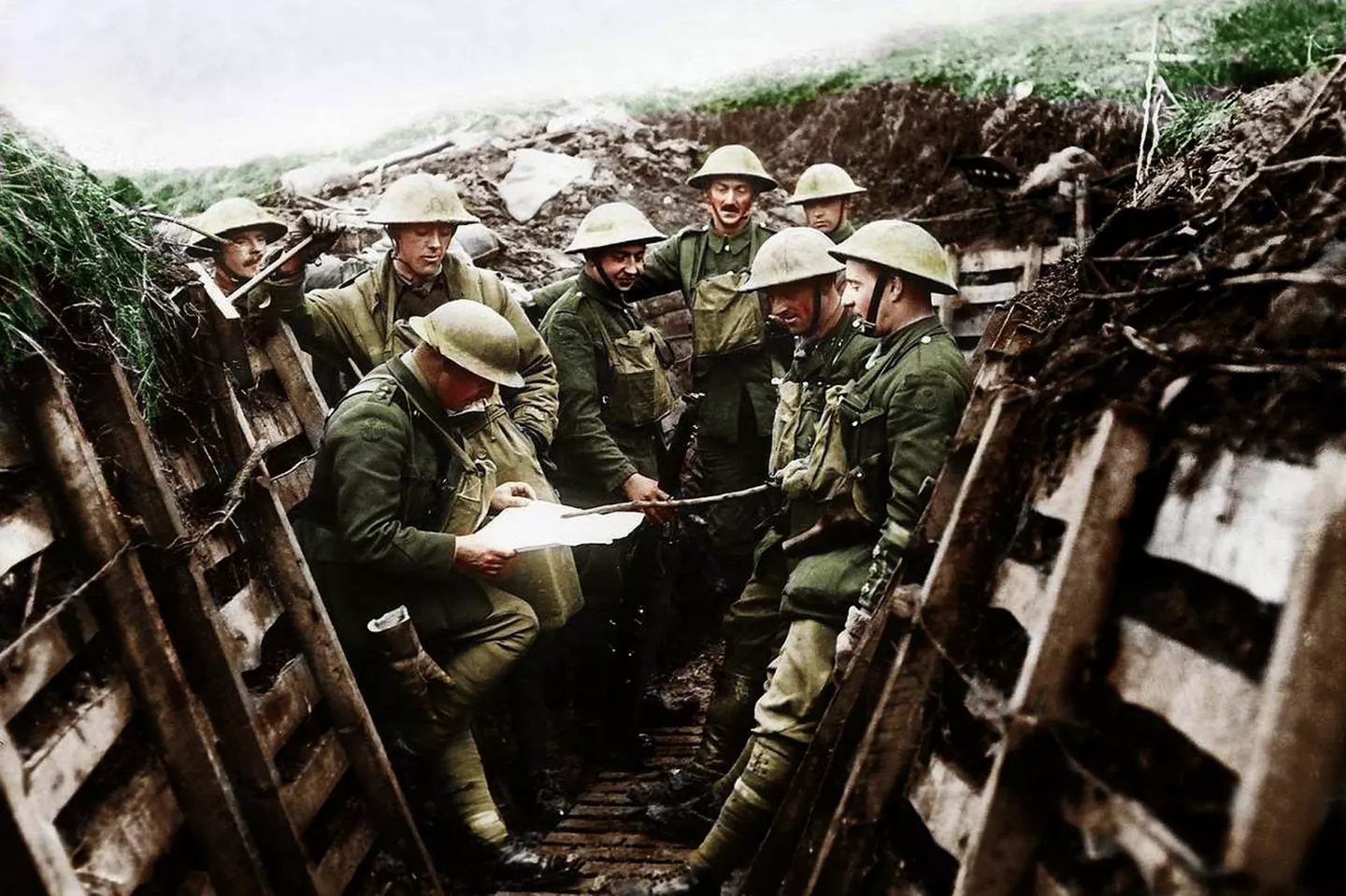
Rupert Brooke
Rupert Chawner Brooke (middle name sometimes given as "Chaucer"; 3 August 1887 – 23 April 1915) was an English poet known for his idealistic war sonnets written during the First World War, especially "The Soldier". He was also known for his boyish good looks, which were said to have prompted the Irish poet W. B. Yeats to describe him as "the handsomest young man in England”.
Rupert Chawner Brooke (middle name sometimes given as "Chaucer"; 3 August 1887 – 23 April 1915) was an English poet known for his idealistic war sonnets written during the First World War, especially "The Soldier". He was also known for his boyish good looks, which were said to have prompted the Irish poet W. B. Yeats to describe him as "the handsomest young man in England”.
Brooke belonged to another literary group known as the Georgian Poets and was one of the most important of the Dymock poets, associated with the Gloucestershire village of Dymock where he spent some time before the war. He also lived in the Old Vicarage, Grantchester. While travelling in Europe he prepared a thesis, entitled "John Webster and the Elizabethan Drama", which won him a scholarship to King's College, Cambridge, where he became a member of the Cambridge Apostles, was elected as President of the Cambridge University Fabian Society, helped found the Marlowe Society drama club and acted in plays including the Cambridge Greek Play.
To Rupert Brooke
(by Eden Phillpotts, from ‘Plain Song, 1914-1916’)
Indubitably knew
That from the purple came
This poet of pure flame,
The world first saw his light
Flash on an evil night,
And heard his song from far
Above the drone of war.
Out of the primal dark
He leapt, like lyric lark,
Singing his aubade strain;
Then fell to earth again.
We garner all he gave,
And on his hero grave,
For love and honour strew,
Rosemary, myrtle, rue.
Son of the Morning, we
Had kept you thankfully;
But yours the asphodel:
Hail, singer, and farewell!


